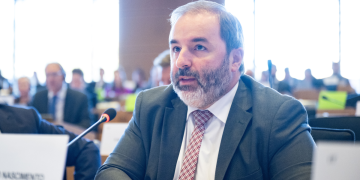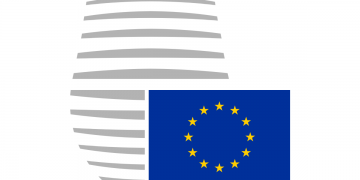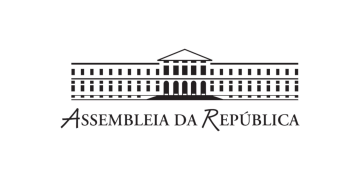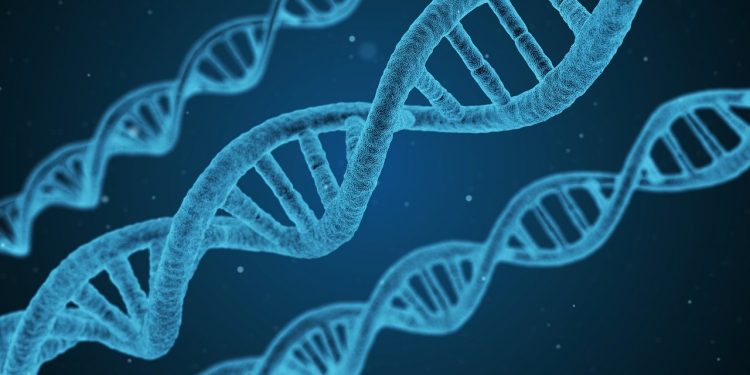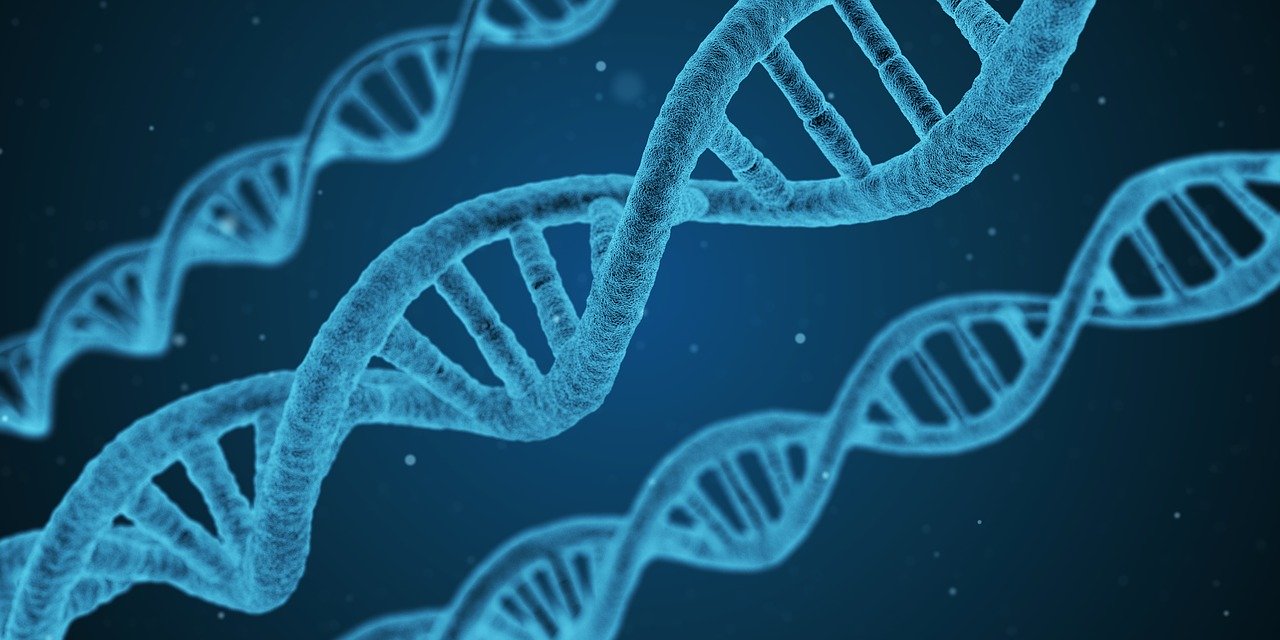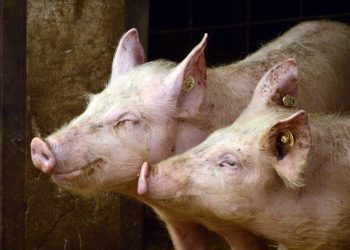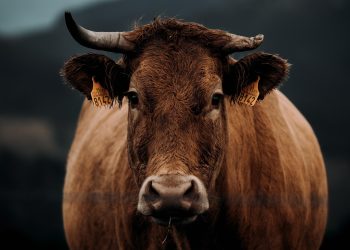More than half of the children born with sickle cell disease (SCD) in Africa never get to celebrate their fifth birthday. Why? It’s all in their genes.
Renowned African geneticist Ambroise Wonkam is at the forefront of understanding the genetic variation of African populations, which is key to treating and preventing both rare and prevalent genetic conditions like SCD, hearing impairment, asthma and Down Syndrome.
He is also advocating for greater application of genomics to benefit the global south, which has suffered from inequality in health care systems, limited research and funding. Only about 2 percent of the human genomes mapped globally are African, which has created a lopsided understanding of the genetic diversity.
The researcher, who was born and raised in Cameroon, said the world should tap the benefits of genetic medicine as a public good by first understanding the human genome.
“To make genetic medicine a global good for understanding the variability among us, we need to understand our genome to its fullest, said Wonkam, emphasizing that genetic medicine innovations should be sustainable and equitable for all populations.
Wonkam is the brains behind the 3M Genome project, conceived in 2021 to sequence at least 3 million genomes across Africa (3MAG) within a decade. The project is estimated to cost at least $4 billion.
“The first thing that we thought and that stems from our own research is that we do not remind ourselves enough that we are all African,” said Wonkam, noting that the first human beings originated in Africa and migrated to Europe and to Asia.
“But the part of the African population that moved out of Africa some hundred thousands of years ago moved only a small fraction of the variation of humankind,” he said. “That means that most of the genetic variation of humankind never actually moved out of Africa. To study it fully, we would need to study the variation of African population ancestry from all parts of Africa.”
“With Africa having the oldest population in the world, it is a scientific imperative for the global community to invest in African genomic evaluation for the next decades to come,” urged Wonkam, who is the current president of the African Society of Human Genetics.
Wonkam, who was recently appointed director of the Department of Genetic Medicine at Johns Hopkins University School of Medicine and the McKusick-Nathans Institute of Genetic Medicine, is leading ground-breaking research in both common and rare genetic disease that has led to the discovery of new gene variants affecting SCD and congenital hearing impairments in African populations.
In addition, he has introduced prenatal genetic diagnosis tools for SCD in Cameroon and South Africa that have increased reproductive options for parents at risk of SCD, a debilitating genetic condition that is common in Africa, according to the World Health Organization. The disease affects the production of healthy red blood cells, which carry oxygen around the body. As a result, people with SCD experience pain, disability and death. Nigeria, Republic of Congo, Gabon, Ghana and Cameroon have the highest rates, accounting for 30 percent of the SCD patients in Africa.
Medical genetics are helping in the early detection of SCD, as well as providing the means of preventing serious illness from the disease through the development of gene editing and gene therapies. With more than 130 peer-reviewed publications on sickle cell disease, Wonkam has won multiple prizes, including the prestigious 2020 Alan Pifer Award. In 2014, he won the competitive Clinical Genetics Society International Award from the British Society of Genetic Medicine.
“The genome is the library of life and in this library you have shelves and within these shelves you have books,” Wonkam said in a recent interview, likening the shelves to the chromosomes and books to the 20,000 pairs of genes in humans.
Genes code information that is translated into biological functions and genetic conditions could be a problem with the chromosomes or the genes, he explained.
“Genetic medicine is the part of medicine that allows the interpretation of those mistakes in our library of life and the relation of those variants to genetic conditions that you have and communicate those to patients through diagnostics, prediction and therapeutics,” he said.
Wonkam was inspired to take up the speciality of medical genetics, which he praises for allowing him to do the most impactful work for Africa, after listening to a public presentation on the topic at an open house in the University of Geneva’s Department of Genetic Medicine. He completed a PhD in human genetics at the University of Cape Town, where he served as professor of medical genetics prior to his latest appointment at Johns Hopkins.
Individual genetic diseases are rare, but collectively common, with the prevalence of various diseases changing from population to population, he said.
“For example, if you are on the African continent the most common genetic condition is sickle cell disease and if you move to Europe the most common is cystic fibrosis and if you are in the Middle East the most common condition is beta thalassemia,” he said. “The next question is why does that happen?”
SCD, which has evolved over 10,000 years, has become common in Africa and in other parts of the world because of malaria. A variant of sickle cell disease allows someone to resist malaria, for instance.
Population migration has also been linked to genetic conditions, he said. In what is termed the founder effect, when small groups of people move to particular places and remain isolated, some types of genetic conditions become common because the people descend from the same ancestor. In South Africa, for example, Afrikaners who share European ancestry commonly have a genetic mutation that creates high blood cholesterol levels.
Consanguinity — marrying a blood relation — can also lead to genetic conditions. This is often seen in areas where consanguinity is widely practiced, such as the Middle East, North Africa and some parts of West Africa and Asia.
“Genetic medicine generally provides a solution to genetic conditions through diagnostics where family tree information is used,” Wonkam says. “The family tree is the cheapest genetic test in the world.”
By Busani Bafana
O artigo foi publicado originalmente em Cornell Alliance for Science.

